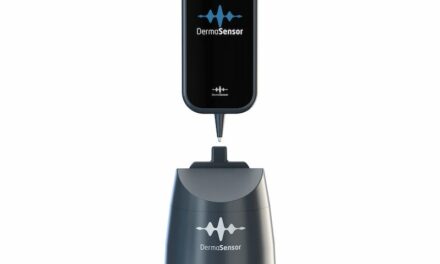Of the millions of people receiving blood transfusions in the United States each year, thousands face complications—some of which can be life-threatening—as a result of a mismatch between the donor and recipient.
Progenika Inc, Boston, Mass, a subsidiary of Progenika Biopharma, the European molecular diagnostics company, has introduced a new genetic blood test that reduces the chance for a transfusion mismatch.
The Bloodgen consortium, a group of leading European blood banks and research institutions, including Progenika Biopharma, developed the test.
Data showing clinical validation in Europe was presented at the annual meeting of the American Association of Blood Banks.
Professor Neil Avent of the University of West England, who serves as director of the Centre for Research in Biomedicine at the British university, said, BLOODchip has proved to be significantly more accurate than serology, the current, widely used blood test to determine compatibility.
Of 1,000 samples analyzed by the product, two genotypes were incorrectly scored, and 958 samples matched perfectly between the product and serological methods. Of the 42 discrepancies, 40 were resolved in favor of the product.
The clinical validation studies were conducted as part of the company’s application for the CE Mark, the European equivalent of FDA approval; the company plans to seek FDA approval shortly.
Patients requiring multiple blood transfusions, such as those suffering from thalassemia, sickle cell disease, cancers such as lymphomas and leukemia, those with blood type D-negative, and pregnant women are susceptible to mismatches.
BLOODchip analyzes RhD, a major blood group system that is considered to be one of the most clinically significant blood groups. It also is polymorphic, often containing variations due to deletions, gene conversions, and so-called missense mutations, which causes significant problems for accurate detection using serological means.
The American Association of Blood Banks has nearly 2,000 institutional members that include community and hospital blood banks, hospital transfusion services and labs, and some 8,000 individuals, including scientists, physicians, nurses, and other health care providers.



